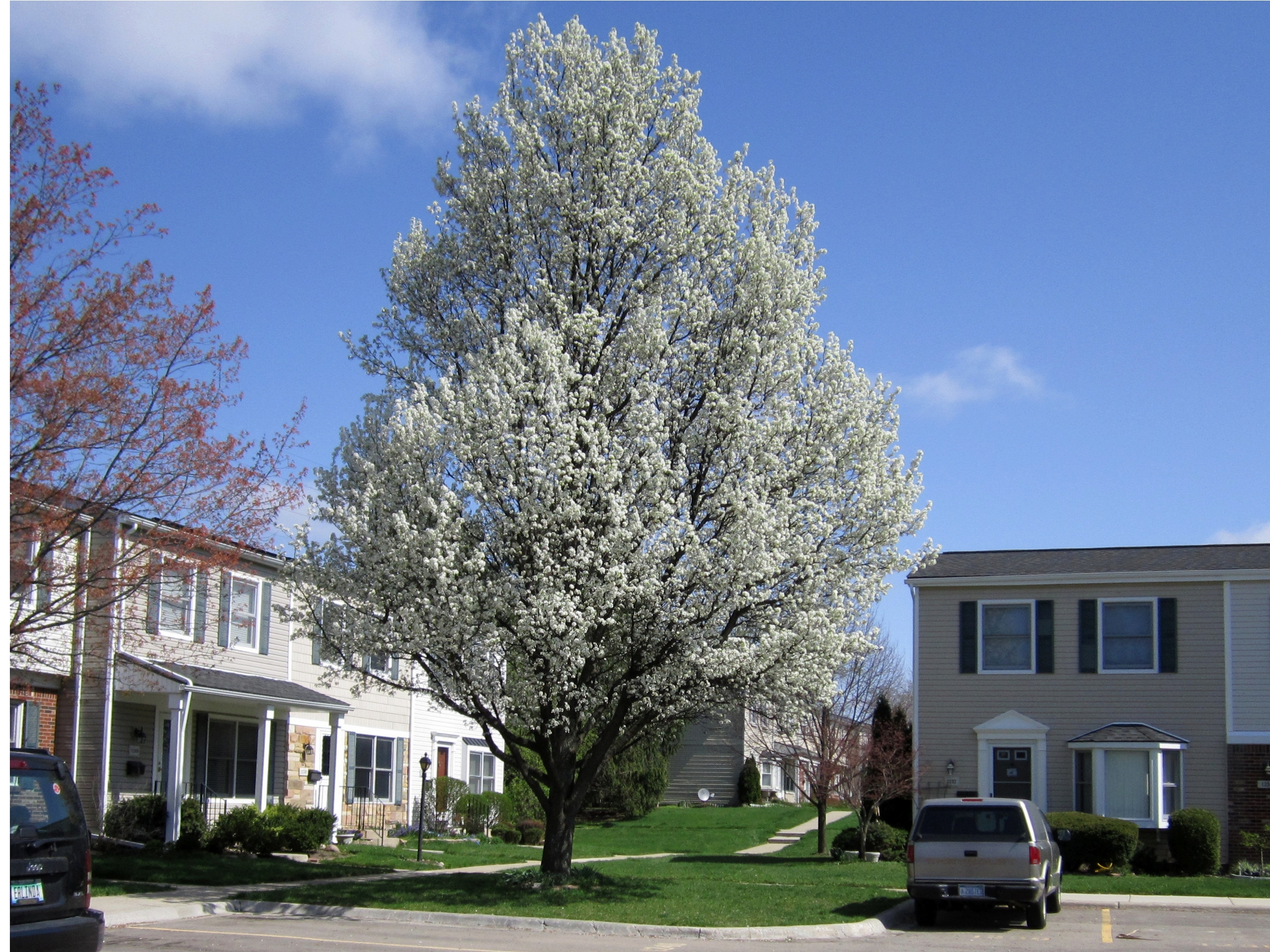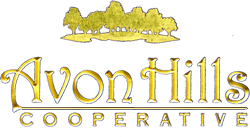About Avon Hills Cooperative
In a housing cooperative (or co-op), a housing development is jointly operated by its members. They receive a membership certificate in the corporation, giving them the right to occupy a dwelling unit and participate in the operations of the corporation. The cooperative housing corporation owns the total property and is a non-profit corporation.
A cooperative is a business controlled by the people who use it. It is a democratic organization whose earnings and assets belong to its members. By patronizing and becoming an active member of a co-op, you invest yourself with the power to shape that business. You control the politics and economics of what is truly your organization.
Advantages

Equity
Cooperative housing gives you the opportunity to share in owning your dwelling. You, as an individual, do not own the unit you are occupying; instead, you and the other members own the entire assets (property) of the cooperative. Joining the cooperative will allow you to build a limited equity, that is, to establish some value in the property.
Community Control
As mutual owners, members participate at various levels in the decision-making process. Members own the cooperative together and have the security of being able to remain in their homes for as long as they wish, as long as they meet their monthly obligations, and abide by the co-op bylaws, rules, and regulations.

Shared Maintenance Responsability
Co-op members usually have limited direct maintenance responsibilities. The cooperative association is responsible for major repairs, insurance, replacement of worn-out equipment, and upkeep of common grounds and facilities. The exception would be any non-standard improvements made to the individual units.
Tax Deductions
For income tax purposes, the co-op member maintains their unit as their primary residence and as such, can deduct his or her proportionate share of the real estate taxes and mortgage interest (if applicable) paid by the cooperative.

